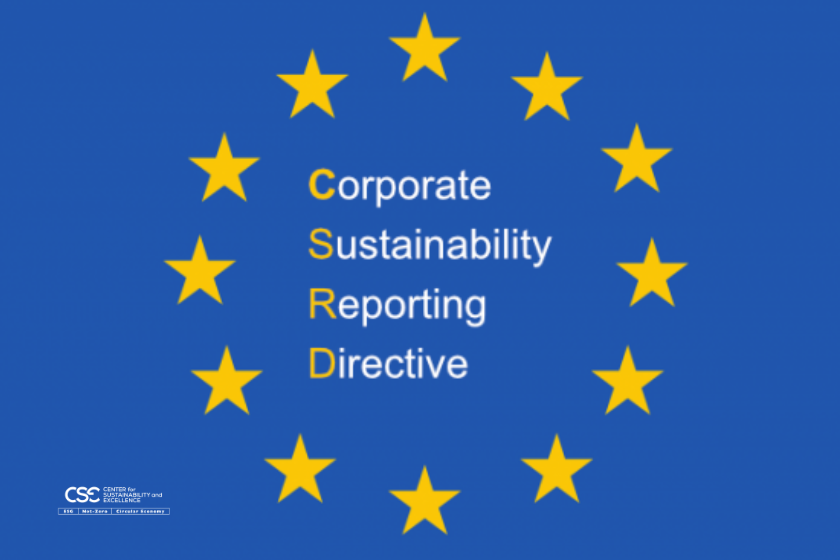The Corporate Sustainability Reporting Directive (CSRD), recently adopted by the European Commission, has emerged as a pivotal concern for European businesses. This directive carries significant implications for over 50,000 medium and large companies operating within the European Union. These companies are now mandated to annually disclose data and policies pertaining to sustainable development and environmental, social, and governance (ESG) criteria. For European companies, it is not only a legal requirement but a strategic imperative to place ESG considerations at the core of their operations to ensure long-term sustainability.
The primary objective of the CSRD legislation is to simplify sustainability reporting by establishing a unified framework for comprehensive annual sustainability disclosures. Simultaneously, the European Union introduced the European Sustainability Reporting Standard (ESRS) on July 31, 2023. Companies will be obligated to adhere to the ESRS requirements starting from the financial year 2024, with the timeline as follows:
- Large listed companies and Public Interest Entities (PIEs): Starting from the fiscal year 2024.
- Large unlisted companies: Commencing from the fiscal year 2025.
- Medium and small listed companies: Implementing from the fiscal year 2026.
The ESRS, aligning with the forthcoming CSRD legislation, draws inspiration from the EU’s Taxonomy Regulation, Sustainable Finance Disclosure Regulation (SFDR), and established international sustainability standards and disclosure recommendations such as those from the Global Reporting Initiative (GRI) and the Task Force on Climate-related Financial Disclosures (TCFD). Designed to fulfill the EU’s transparency and accountability goals, the ESRS standard demands a broader range of information reporting, catering not only to investors but also to other stakeholders within the business ecosystem.
CSRD thematic areas
The current CSRD Directive encompasses 12 sections, each specifying how companies should report on distinct thematic areas. These sections comprise ESRS 1 and ESRS 2, addressing general requirements and disclosures, respectively. The remaining sections are categorized by ESG topics:
ENVIRONMENT
- ESRS E1 (climate change)
- ESRS E2 (pollution)
- ESRS E3 (water and marine resources)
- ESRS E4 (biodiversity & ecosystems)
- ESRS E5 (resource use & circular economy)
SOCIETY
- ESRS S1 (corporate staff)
- ESRS S2 (supply chain workers)
- ESRS S3 (local communities affected)
- ESRS S4 (consumers & end users)
CORPORATE GOVERNANCE
- ESRS G1 (business behavior)
Businesses must allocate sufficient time for preparing to comply with CSRD legislation. Initiating early assessments of existing processes and data is vital for preparing Sustainable Development Reporting within the ESRS framework. This allows for the identification of process gaps and data collection needs.
5 steps for businesses
In summary, here are five crucial steps for businesses to prepare effectively:
- Understanding the Requirements: Familiarize yourself with the CSRD Directive and ESRS standards to grasp the scope of reporting.
- Assessing Data Availability and Quality: Identify gaps in data collection processes and devise plans for data collection.
- Training and Raising Awareness: Ensure that your team comprehends the importance of CSRD compliance and their roles.
- Create a Reporting Framework: Define reporting processes, roles, responsibilities, and the necessary tools.
- Monitor Progress: Continuously track progress to meet objectives and adapt reporting processes as data quality improves.
Sustainability reporting transcends mere numbers and policies. It necessitates the establishment of a proficient workforce and a well-structured data ecosystem. When organized effectively, this ecosystem enables the extraction of valuable insights that contribute to the sustainability and prosperity of businesses.
Ready to lead the way in sustainable business practices?
Join our Europe Certified Sustainability (ESG) Practitioner Program, Leadership Edition 2023. Elevate your expertise with digital training and live Zoom sessions on Dec. 7-8 & 11, 2023. Secure your spot now!







